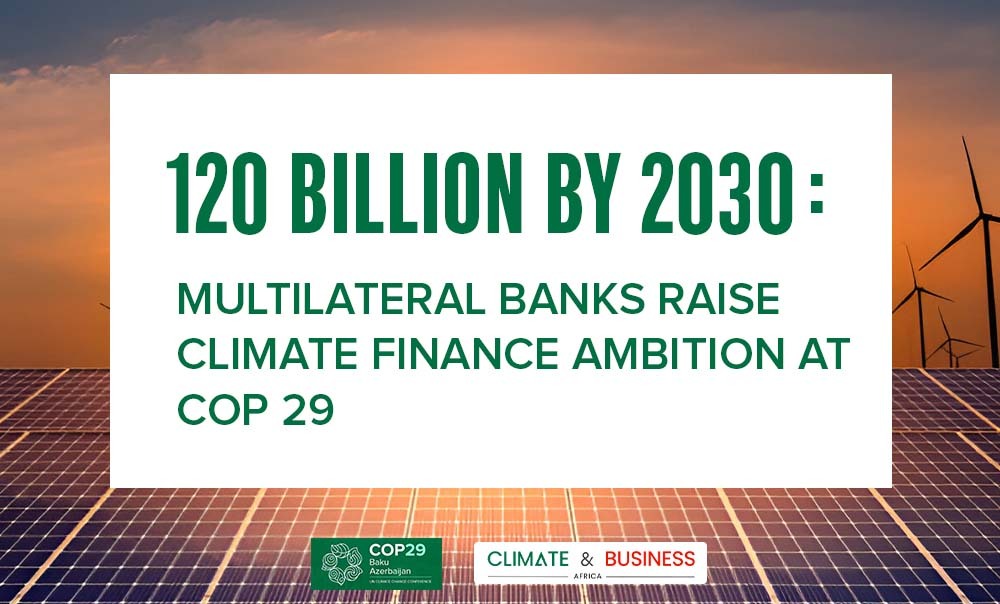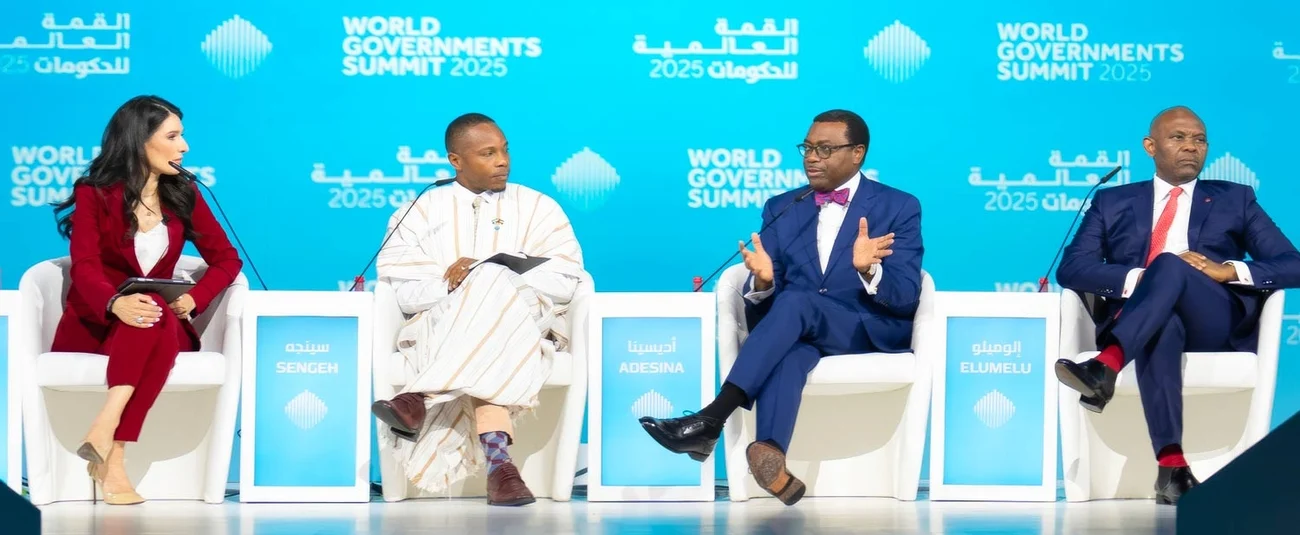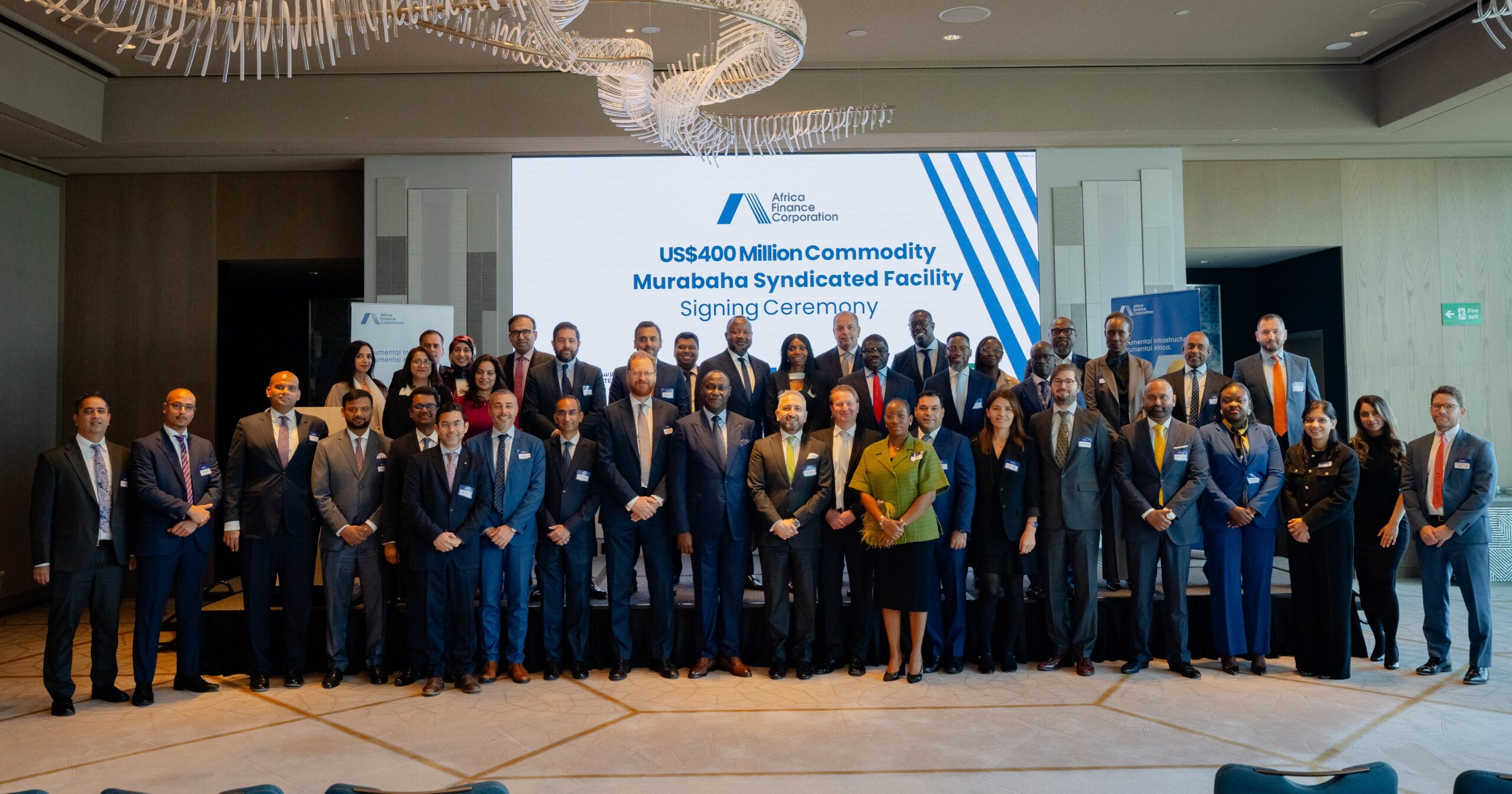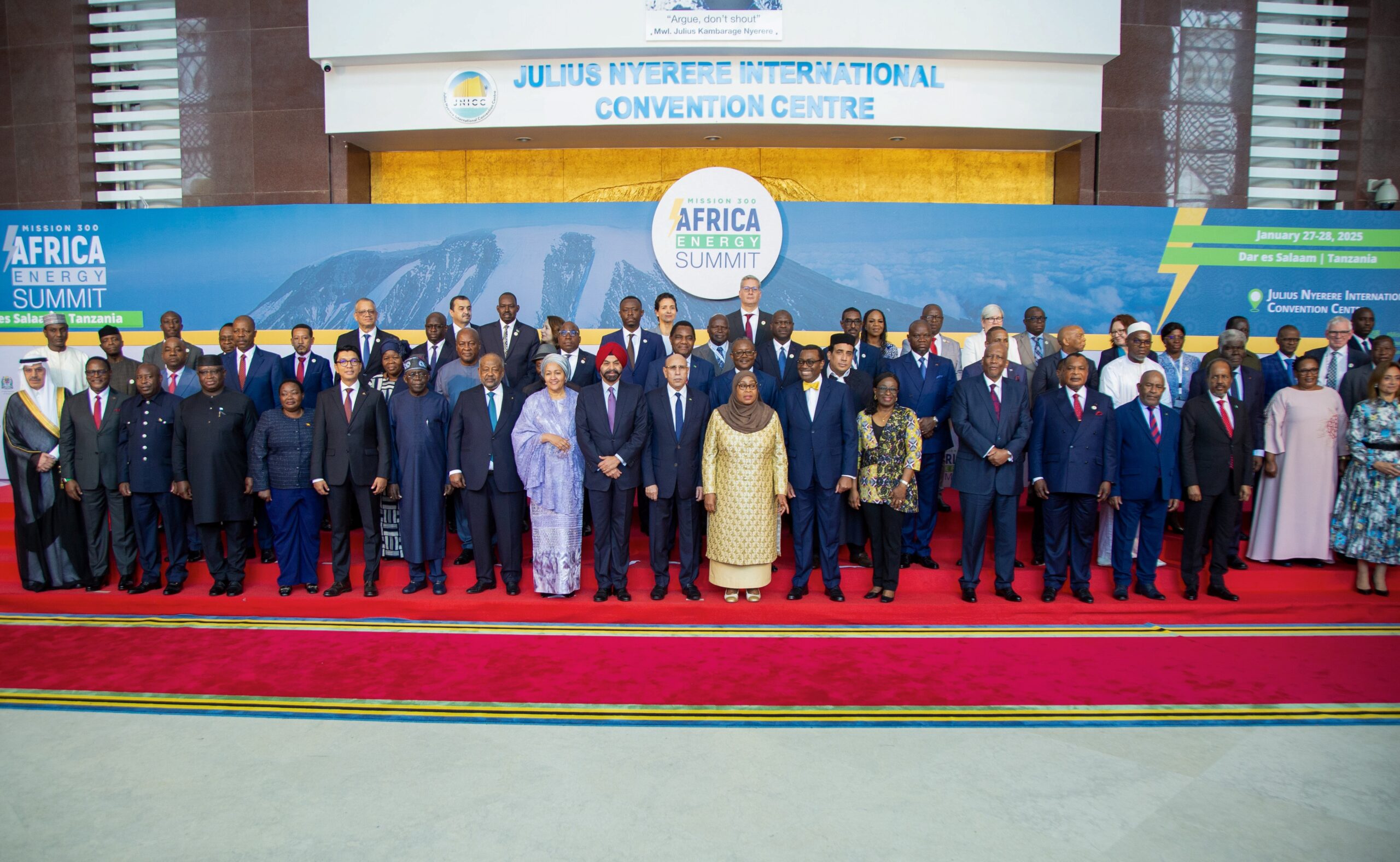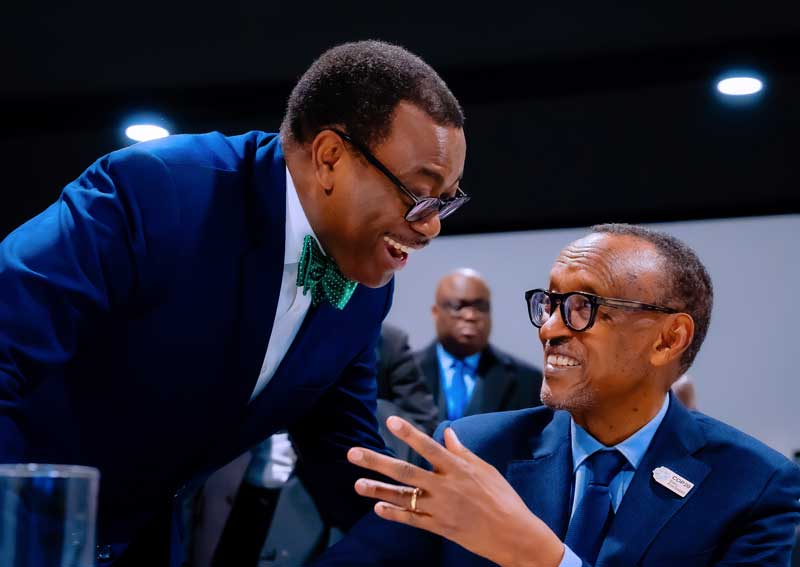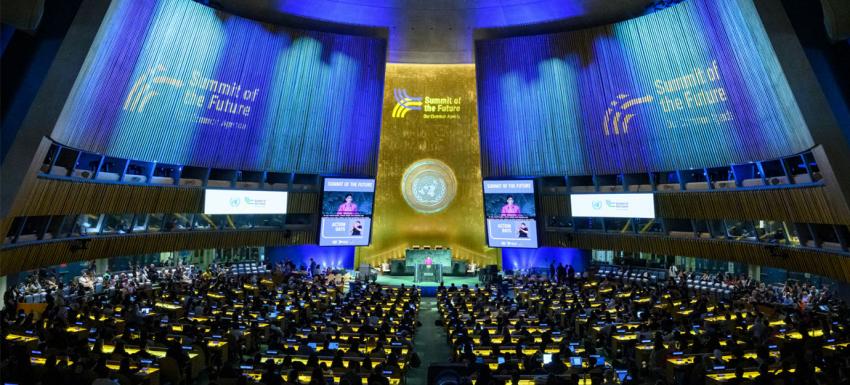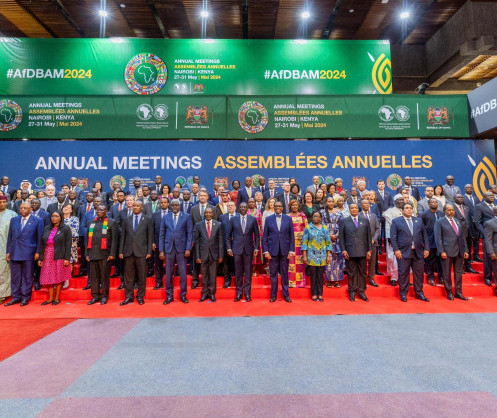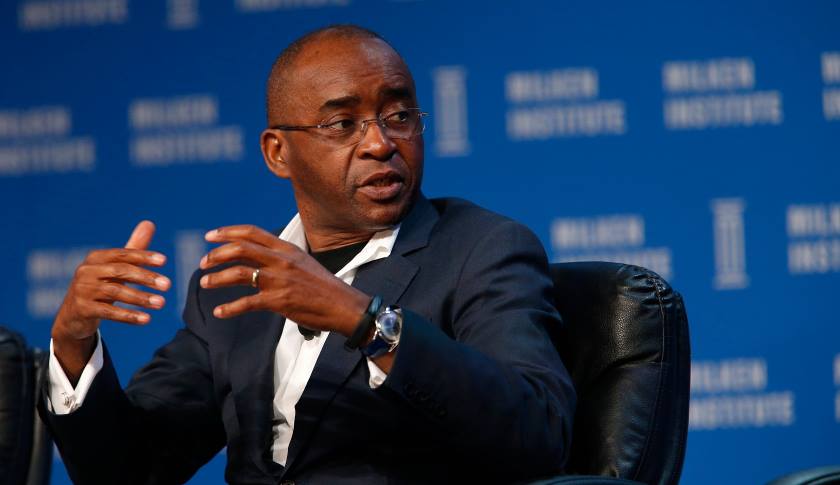Multilateral development banks (MDBs) are increasing climate finance commitments and pushing for a New Collective Quantified Goal on Climate Finance to address global climate and development challenges.
At COP 29 in Baku, leading multilateral development banks (MDBs) have announced their strengthened commitment to financing climate initiatives. In a joint statement, MDBs reaffirmed their goal to support the Paris Agreement’s climate objectives and to mobilize resources for both high- and low-income nations, emphasizing transformative and targeted climate actions to drive sustainable economic growth, generate jobs, and enhance social resilience.
A team of MDBs including the African Development Bank Group, the European Bank for Reconstruction and Development, the Asian Development Bank, the European Investment Bank, the Asian Infrastructure Investment Bank, the New Development Bank, the Council of Europe Development Bank, the Inter-American Development Bank, the Islamic Development Bank, and the World Bank Group issued the Statement.
Recent MDB reports show a significant increase in climate financing over the past year, surpassing previous targets. According to the latest Joint MDB Climate Finance Report, MDBs saw a 25% rise in direct climate finance and doubled mobilization for climate action, setting them on track to achieve $120 billion annually by 2030 for developing countries alone. This includes $42 billion dedicated to climate adaptation, with an additional $65 billion targeted from private-sector partnerships. For developed nations, MDBs aim to deliver $50 billion annually, including $7 billion for adaptation, alongside similar private-sector mobilization goals.
“MDBs’ capacity to scale up climate finance depends on continued commitment from our shareholders across developed and developing countries,” the statement emphasized, urging both MDB member nations and global stakeholders to increase contributions. The banks also call for expanded internal resources and additional capital to sustain large-scale climate finance operations.
MDBs underscored that while the financial scale of their commitments is essential, their catalytic impact can drive systemic change, citing the “Group of Heads of MDBs’ Viewpoint Note” which emphasizes leveraging MDB financing to enhance client countries’ climate ambitions. MDBs are working to deepen engagement with local partners to implement climate policies through country-led platforms, knowledge-sharing initiatives, and programmatic approaches that integrate the private sector.
Additionally, the statement introduced new climate metrics designed to measure the impact of MDB climate financing. Building on the “Common Approach to Measuring Climate Results” framework, updated indicators will help MDBs track outcomes more effectively and bolster transparency. These metrics, according to MDBs, are a crucial step toward establishing a more robust system of accountability and advancing climate results across all financing operations.
One of the central points of MDBs’ joint statement was the pressing need to establish a New Collective Quantified Goal on Climate Finance (NCQG) at COP 29, calling it “essential for achieving the goals of the Paris Agreement.” The NCQG aims to provide a substantial global target that will drive climate financing efforts to an unprecedented scale and aligns with MDBs’ vision of scaling transformative change.
The joint MDB statement also referenced international cooperation under Article 6 of the Paris Agreement, which allows for collaborative approaches to mitigation and adaptation investments. The banks expressed support for international partnerships and encouraged robust NDCs (Nationally Determined Contributions) from countries, reiterating the importance of cohesive international collaboration on climate action.
MDBs praised the COP 29 Presidency for its leadership and commitment to advancing global climate ambitions, noting that these steps are necessary to meet the climate crisis’s demands and build long-term climate resilience. Looking beyond COP 29, MDBs stated that they remain committed to driving transformative change in climate financing, continuing to work as a coordinated system, and advocating for ambitious, measurable global climate commitments from all parties.


